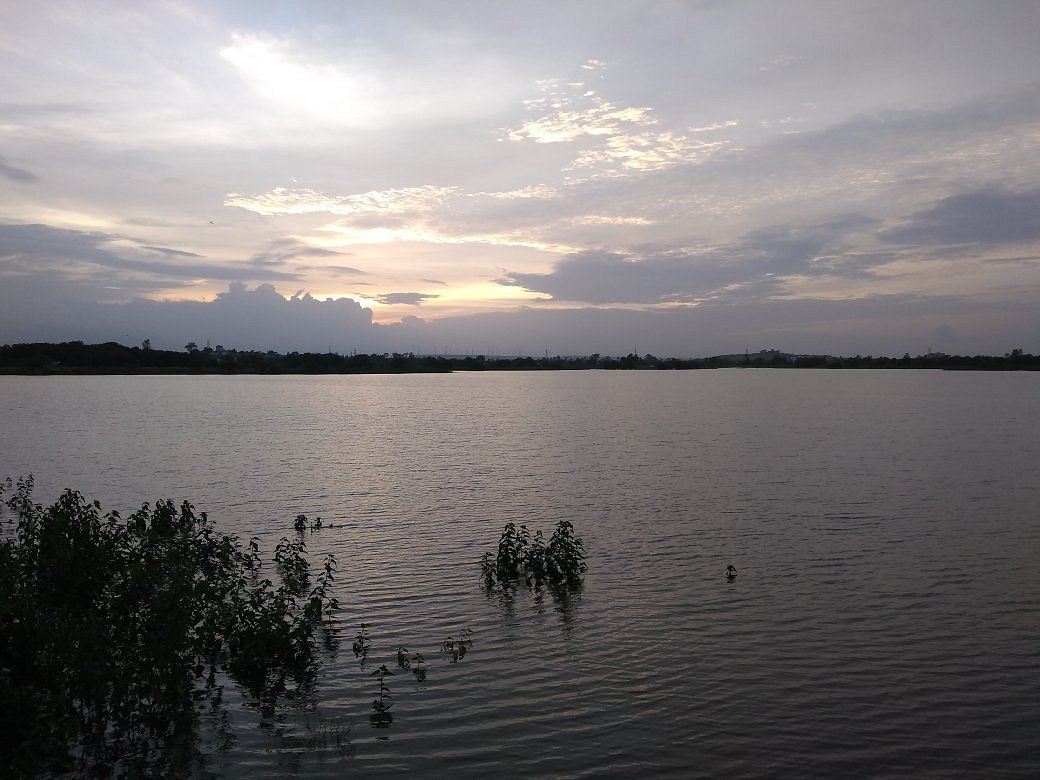The Supreme Court upheld the principles of natural justice while overturning an order of the National Green Tribunal which did not give a notice to the parties which were likely to be adversely affected.
The SC judgment discusses a case before the National Green Tribunal (NGT) regarding the boundaries of Teliya Talab in Madhya Pradesh, India, and the dumping of untreated waste into the lake. The NGT relied on a 1973-74 map provided by the Parishad to pass orders, which resulted in the prohibition of development or construction on the lands owned, purchased, or developed by the appellants. The appellants challenged the NGT’s orders in court, arguing that they were not given an opportunity to be heard, and the NGT did not seek particulars from the parties before passing orders.
The court found that the NGT was bound by principles of natural justice, which required it to give notice to parties likely to be adversely affected by its orders. The article concludes by stating that the NGT must consider the impact of its directions on those living or owning land near Teliya Talab who had obtained sanctions from the Parishad and the TCD.
SHRAMJEEVI COOPERATIVE
HOUSING SOCIETY LTD. …APPELLANT(S)
VERSUS
DINESH JOSHI & ORS. …RESPONDENT(S) decided by the Supreme Court on 22.03.23

